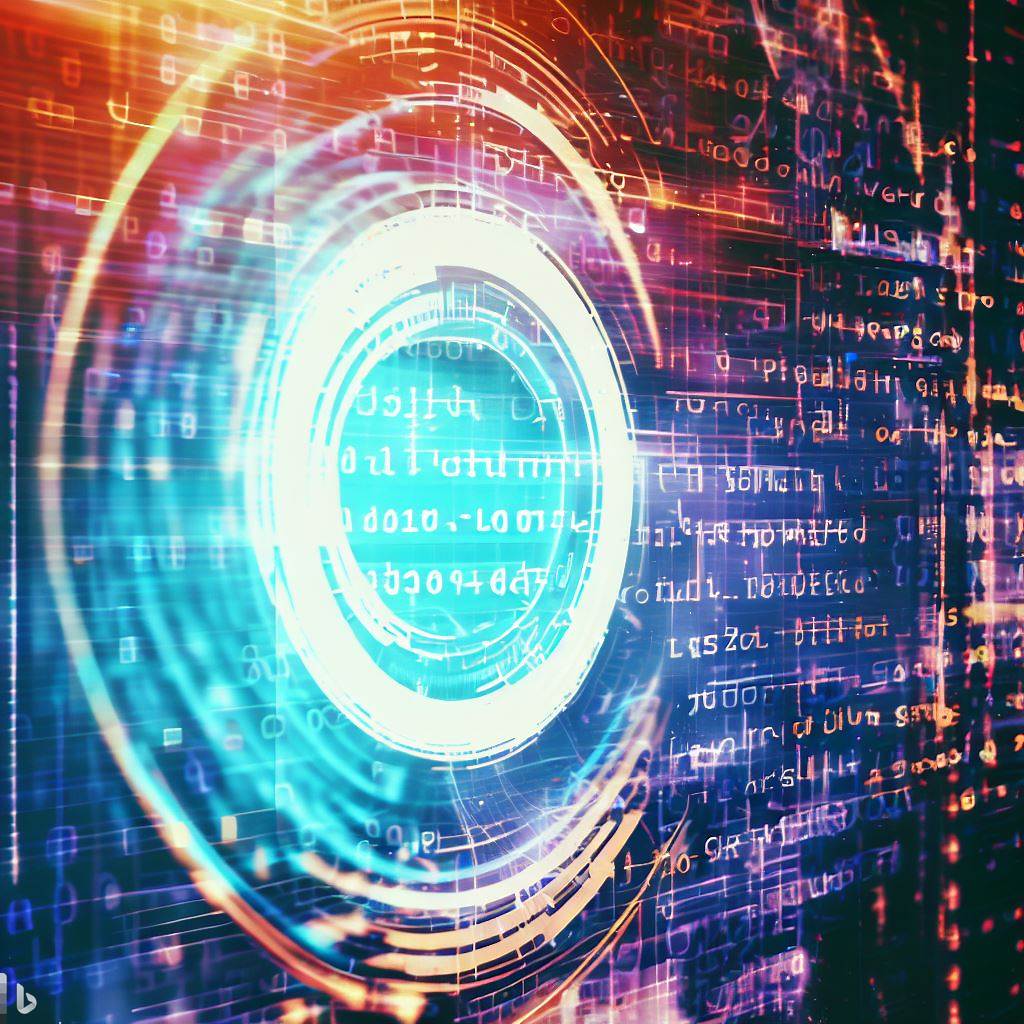
The domain of coding and software development has experienced remarkable changes over the decades. As we gaze into the crystal ball, several trends and shifts indicate what the future might hold for coding:
1. Rise of Quantum Computing:
- Quantum Algorithms: Traditional algorithms will be rethought to leverage the superposition and entanglement properties of quantum bits (qubits).
- New Programming Languages: Languages specifically tailored for quantum machines, such as Q# from Microsoft, will become more prominent.
2. AI-Driven Code Generation:
- Auto-coding: AI systems, like OpenAI’s Codex, will assist developers by automatically generating chunks of code based on natural language descriptions.
- Bug Prediction: AI will predict potential code bugs or vulnerabilities before they become issues.
3. No-Code and Low-Code Platforms:
- Democratization of Development: Simplifying the creation of applications by removing complex coding will empower more people to become “developers”.
4. Language Agnostic Developers:
- Polyglot Programming: The emphasis will be more on logic and problem-solving rather than mastery over a particular language.
5. Edge Computing:
- Localized Computation: Code will be increasingly written for execution closer to where data is generated (like IoT devices) instead of centralized data centers.
6. Continuous Learning and Adaptation:
- Evolving Tech Stack: Rapid evolution of technologies will necessitate continuous learning and adapting for developers.
7. Emphasis on Ethical Coding:
- Responsible AI: Guidelines for writing algorithms that are fair, unbiased, and ethical.
- Privacy-centric Development: Emphasis on creating code that respects user privacy and data security.
8. Domain-Specific Languages (DSL):
- Tailored Solutions: More DSLs will emerge, optimized for specific industries or tasks, enhancing efficiency and productivity.
9. Collaborative and Remote Coding:
- Real-time Collaboration: Platforms allowing developers to collaborate on code in real-time, regardless of their physical location, will become more prevalent.
10. Integration of Augmented Reality (AR) and Virtual Reality (VR):
- Immersive Coding Environments: Developers might code in 3D, immersive environments, leveraging AR and VR tools for a more intuitive coding experience.
11. Sustainable and Green Coding:
- Efficiency Matters: As the world becomes more eco-conscious, writing code that’s energy-efficient and reduces carbon footprints will gain focus.
12. Universal Code Interoperability:
- Seamless Integration: Systems and languages will be designed for easier integration and communication, making data sharing and functionality merging more streamlined.
In essence, the future of coding will be characterized by more inclusive, intuitive, and intelligent practices. The act of coding will transition from mere stringing of commands to crafting solutions with broader social, ethical, and global considerations. Developers will not just be coders but problem solvers and innovators, steering the world towards a digitally harmonized future.
